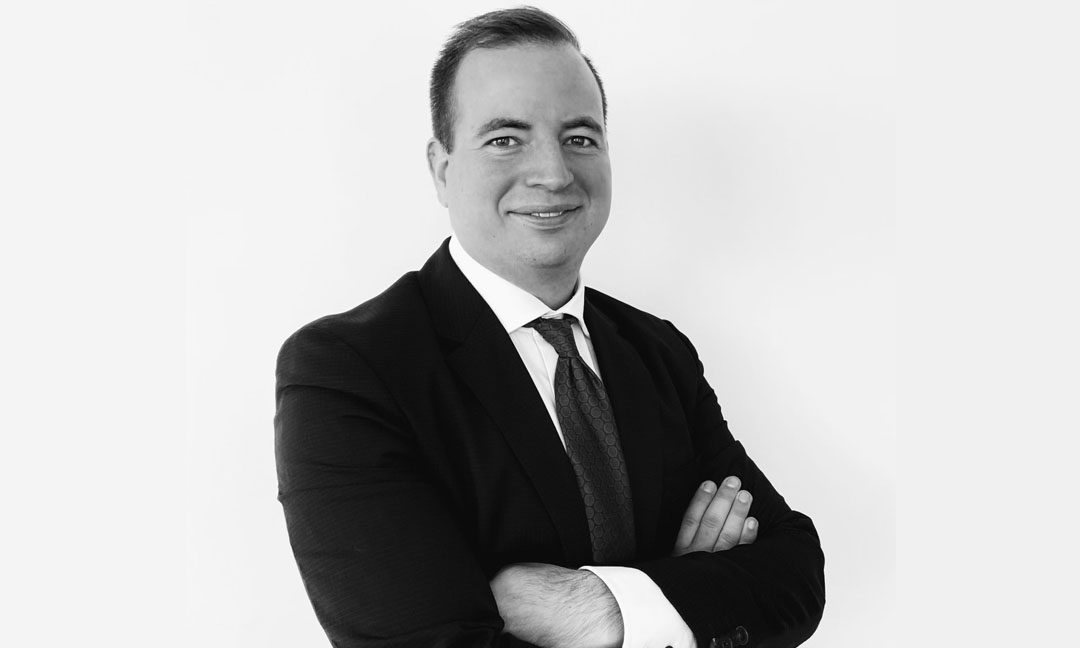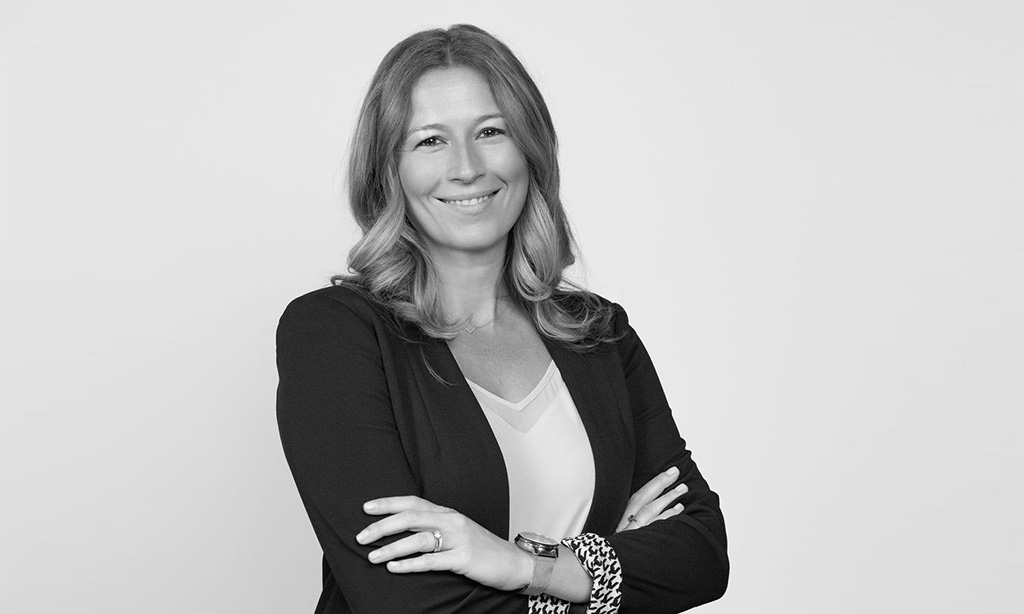Today’s world is filled with young professionals looking for instant gratification or get rich quick ideas. However, with increased media coverage focused on the stock market more than ever we are beginning to see a new type of young professional. One that is looking towards the future and taking steps to secure it at an earlier age.
First and foremost, the earlier you invest money in the stock market, the earlier you could begin to see returns, and perhaps more importantly, those returns could compound on each other. For example: Jane Smith is 25 years old and has $30,000 to invest in the market. She also has decided that she is willing to save an extra $500 a month towards retirement until age 60, when she plans to retire. Throughout her 35 years of working, Jane would deposit $240,000 ($30,000 initial deposit plus monthly additions of $500.) If Jane averages 7% return on her portfolio a year, when Jane is set to retire at age 60 the account will be worth a whopping $1,245,711.86. Of which, $1,005,711.86 would be investment returns. That is one nice nest egg to have.
Let’s go back to Jane though. Let’s say she does not start investing when she is 25, but she starts at age 35. Let’s say everything else is the same: she starts with $30k, she saves $500/month towards her retirement at age 70 and she gets 7% a year return on her investment. Those 10 years would cost her dearly. She would deposit a total of $180,000 into the account from age 35 to age 60. The value of her account would be $576,798.39. Of which, $396,798.39 would be investment returns. This is still a nice nest egg to have, but one can really see the benefits of compounding returns and how time can truly affect investment success.
Also consider that investing while you are young provides you two things: time, and the ability to take on more risk. As illustrated above, time and compounding your returns on top of each other could lead to significant gains, and with time comes the ability to take on more risk if chosen to do so. As a young professional, you have the ability to withstand down turns in the market (and believe me, there is always one around the corner) and take on more risk, which typically leads to higher returns over time.
One underrated aspect of investing while you are young is the teaching of young adults life skills. Things not necessarily learned until they are thrust into the real world. For example: how to save for a goal (house, boat, wedding, retirement etc.) How to budget your monthly finances and find balance in enjoying your life while also keeping an eye on the future and what your life goals are. It will help you from overspending. It will teach you discipline. It helps guide you to setting priorities in your life, and gives you one more resource in case of a life change: you get married, you have a child, or you lose your job.
Cost of living is increasing dramatically across the US. We are seeing increased health care costs, education costs and travel costs throughout the US and world. Experts suggest you need roughly 80% of your income to live on during retirement. Whether you decrease or increase your standard of living upon retirement can largely dependent on how much you were able to save ahead of time.
When it is all said and done, money is a tool we use to enrich our lives to a certain extent. We use it to purchase things that give us pleasure (clothes, cars, books, technology). We use it to travel the world with friends and family. We use it so share incredible dining experiences with loved ones. By investing while you are young you give yourself the freedom and ability to live your life on your own terms.

Eric Moss
Director
emoss@greystonefg.com
Disclosure: Greystone Financial Group, LLC is a federally registered investment adviser. The information, statements and opinions expressed in this material are provided for general information only, are based on data we believe to be accurate at the time of writing, and are subject to change without notice. This material does not take into account your particular investment objectives, financial situation or needs, is not intended as a recommendation to purchase or sell any security, and is not intended as individual or specific advice. Investing involves risk and possible loss of principal capital. Diversification does not ensure a profit or protect against a loss. Past performance is not indicative of future returns. Advisory services are only offered to clients or prospective clients where Greystone Financial Group, LLC and its representatives are properly licensed or exempt from licensure. No advice may be rendered by Greystone Financial Group, LLC unless a client service agreement is in place.




